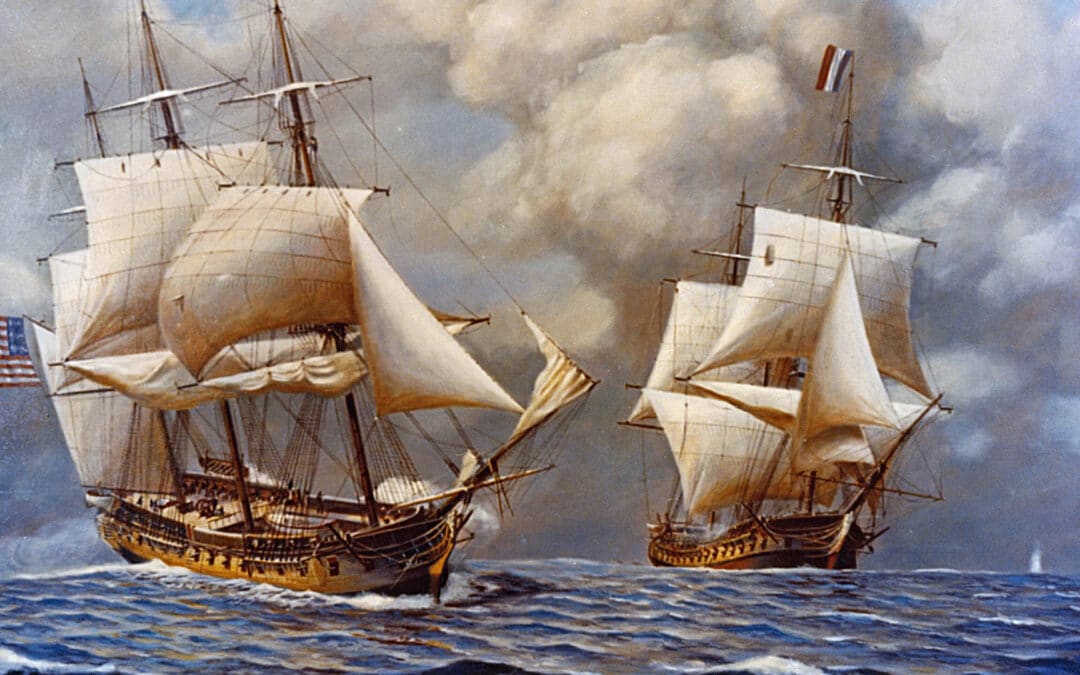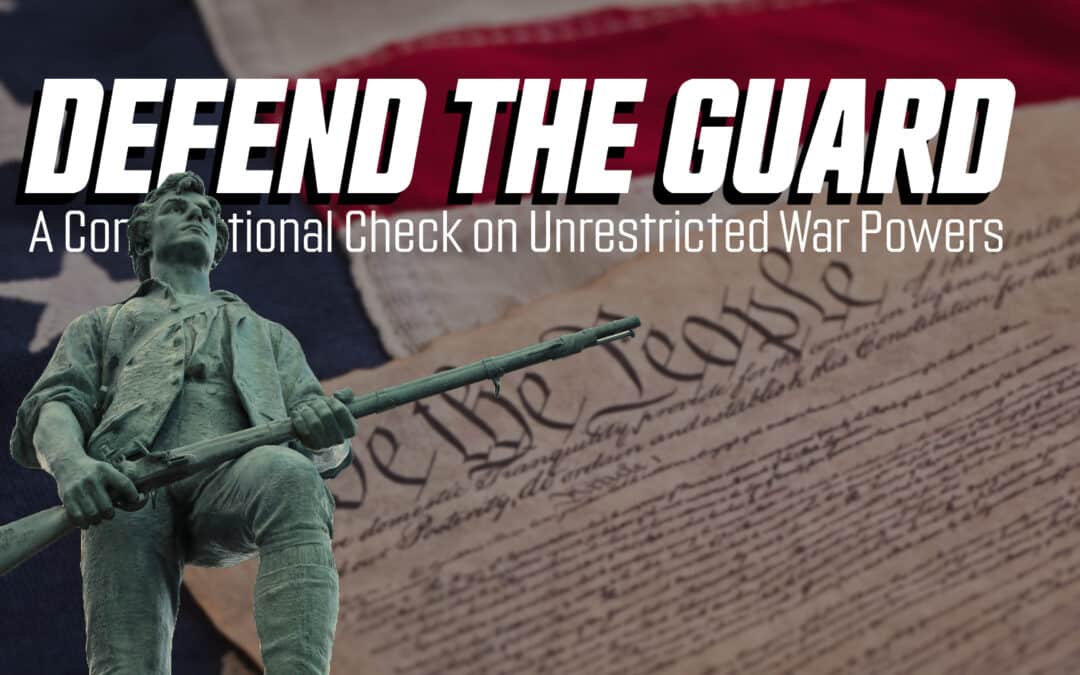

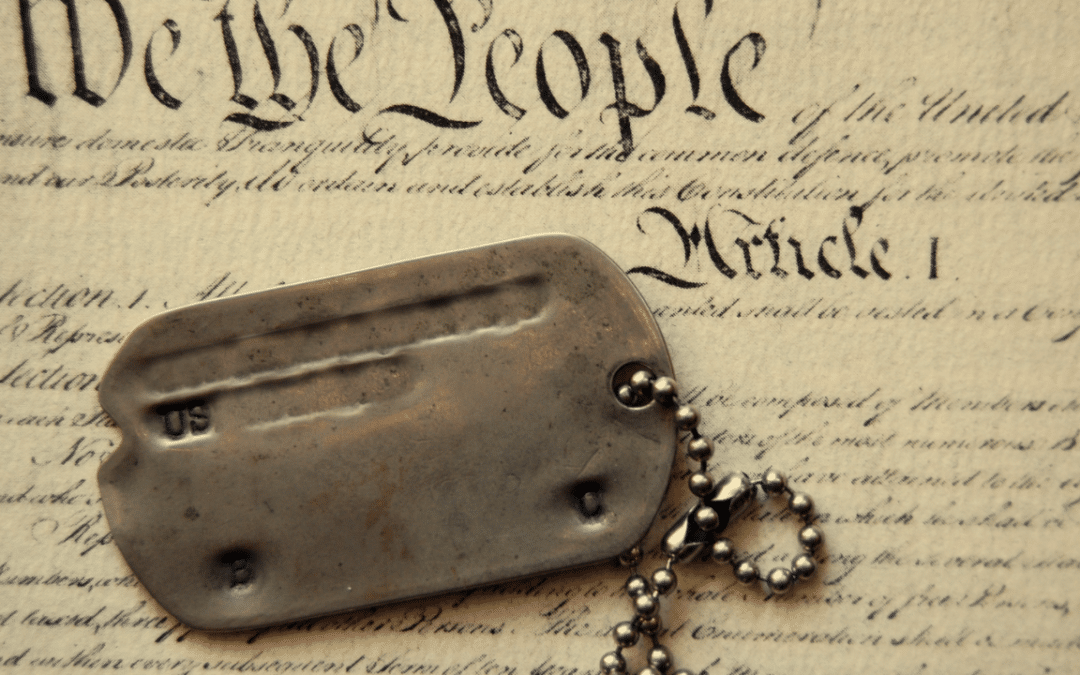
War and the Constitution
Can the president fight any war he wishes? Can Congress fund any war it chooses? Are there constitutional and legal requirements that must first be met before war is waged? These questions should be addressed in a national debate over the U.S. military involvement in...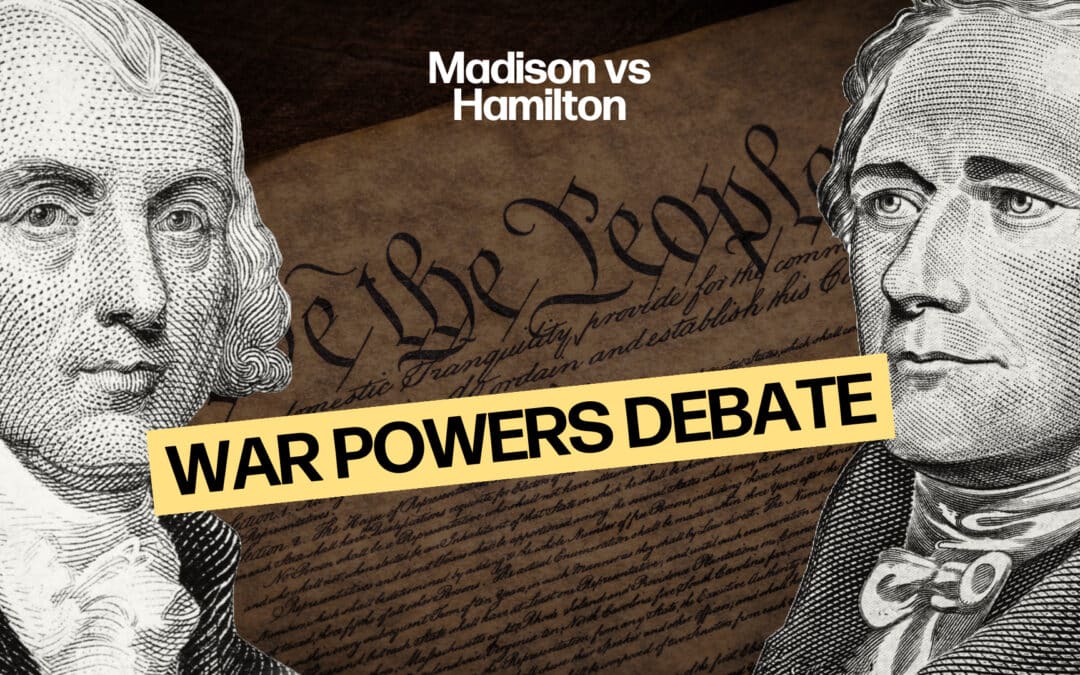
Little Known Episode in U.S. History Explains Executive War Powers
Within five years of the publishing of The Federalist papers (and four years of the ratification by the states of the Constitution), the co-authors of those seminal and influential essays on American political theory and constitutional interpretation were back at...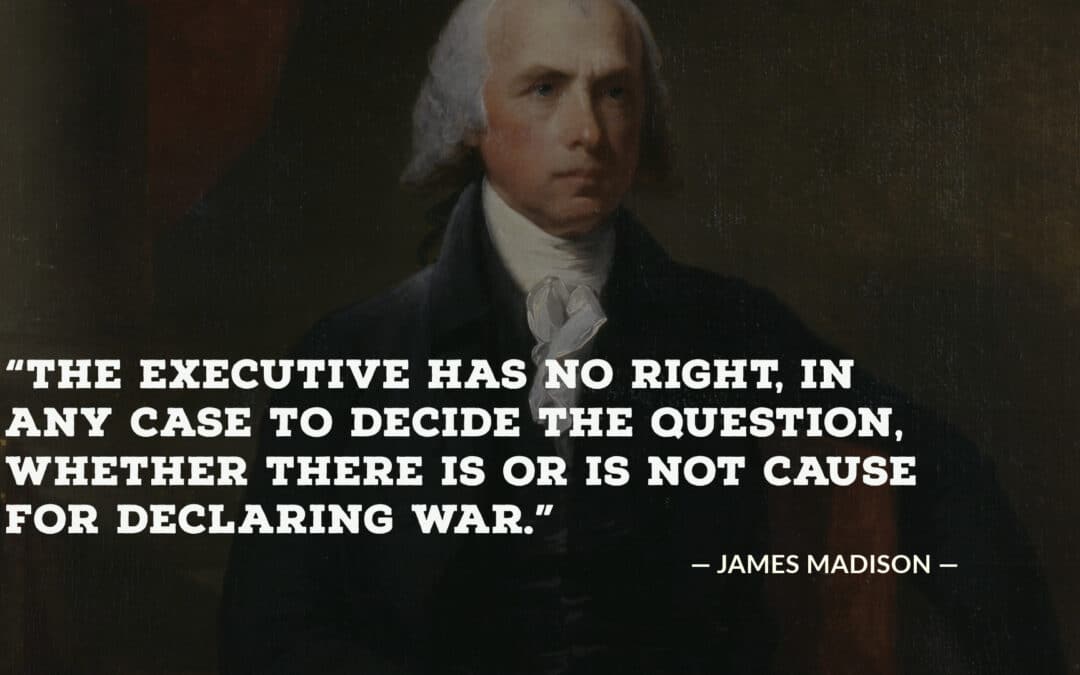
War Powers: The True History of James Madison, the Constitution and the War of 1812
In the early years of the United States under the Constitution, James Madison made one of the most compelling constitutional arguments against unilateral presidential war powers. Through their actions, the first three presidential administrations of Washington, Adams,...